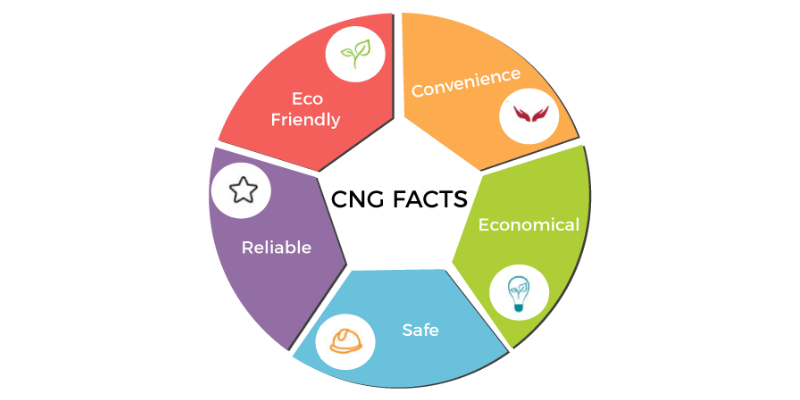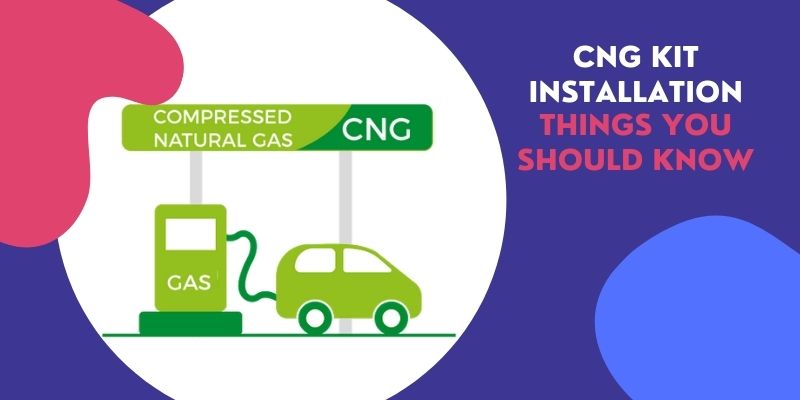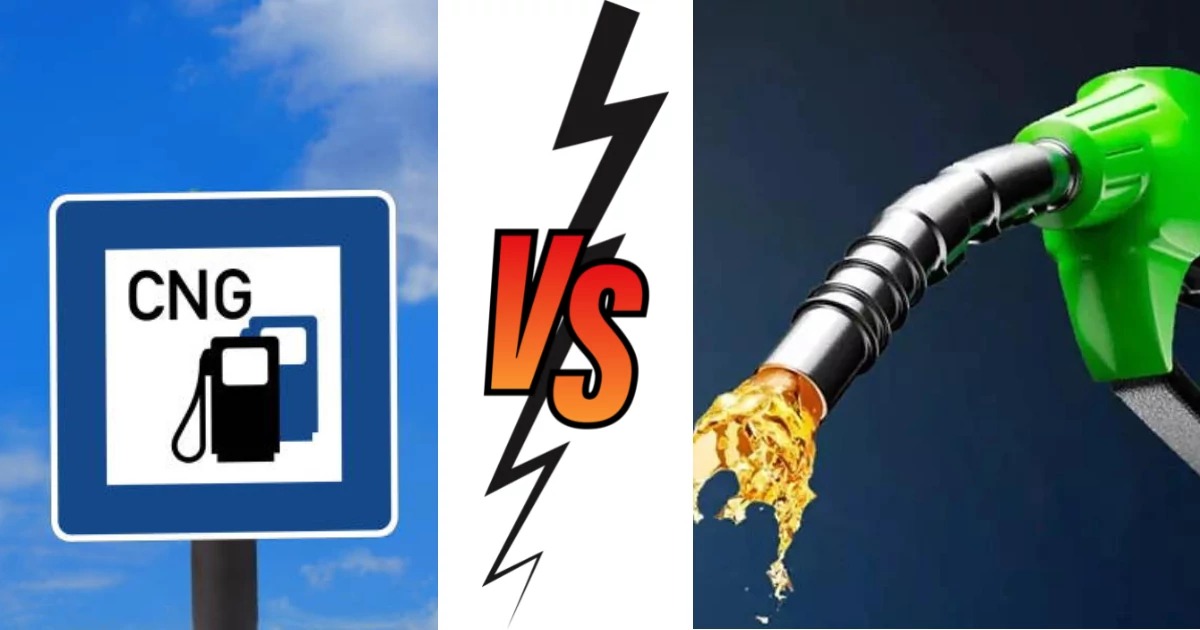The rising number of CNG cars in the Indian market has boosted the confidence of consumers. At the same time, the rising demand has encouraged automakers to bring new models with factory-fitted CNG kits to the market. This is a cycle of growth, creating a win-win situation for the consumers as well as the automakers.
The factors that are fuelling this growth cycle include the significantly lower cost of CNG compared to petrol or diesel, the rising number of CNG filling stations across India and substantially low tailpipe emissions compared to petrol or diesel-powered vehicles. The convenience of driving the vehicle in both petrol and CNG is another factor that has been propelling the growth of CNG car sales in India.
Over the last half a decade, the costs of petrol and diesel have increased significantly. This has pushed many consumers towards CNG cars. The rising number of cars with factory-fitted overall growth in this segment. CNG kits, the quality of the kits and the warranties being offered also helped in the
The initiatives from the central government too have been pushing this growth further. Setting up new CNG filling stations across the country has encouraged consumers to buy CNG cars, which eventually resulted in the automakers bringing new models with factory- fitted CNG kits. The number of CNG filling stations in India has reached almost 6,000 to date from around 1,900 in December 2019,while the government plans to set up 17,700 CNG filling stations across the country by 2030. There has been a clear focus on increasing the contribution of CNG as an energy source to 15 per cent by 2030 which is why the additional stations are planned by the end of this decade.
In conclusion, it is evident that the rise of CNG vehicles is not just a passing trend, but rather a promising shift towards a cleaner and more sustainable future.






